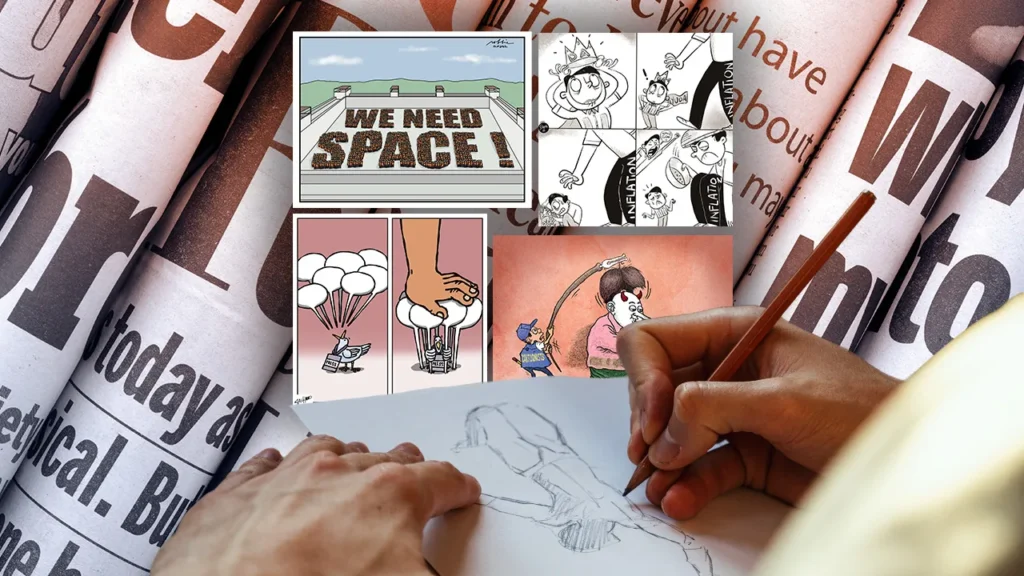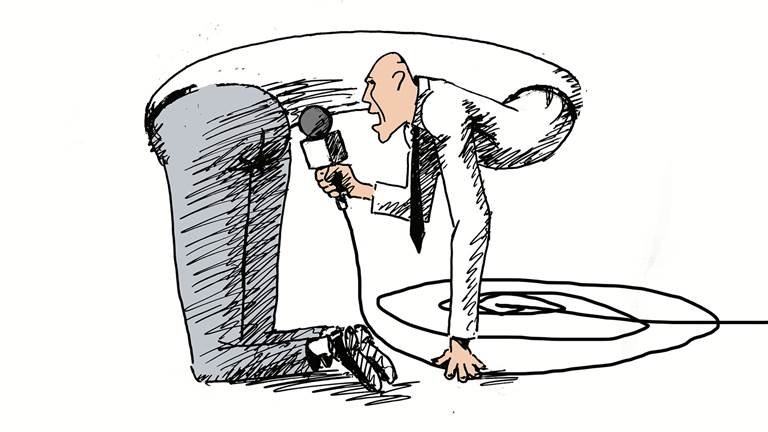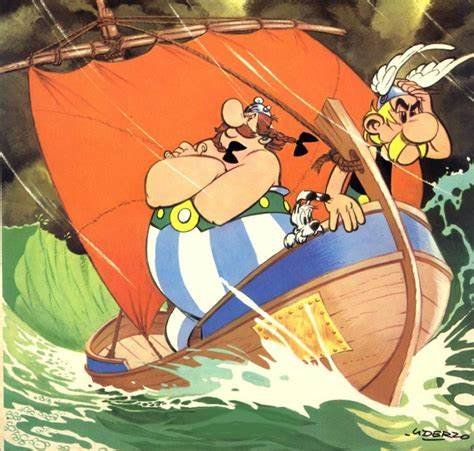Political cartoonists play an important role in society by using humour and art to comment on political events, public figures, and social issues. However, they often face significant legal challenges faced by political cartoonists in the form of censorship, defamation claims, and legal action from powerful individuals or groups. In this blog post, we will explore some of the main legal hurdles these artists face and how they continue to use their craft despite the risks.

Freedom of Expression vs. Censorship
One of the most common legal challenges faced by political cartoonists is censorship. In many countries, political cartoons can be seen as controversial, and governments or powerful organizations may attempt to limit their expression. This conflict between freedom of speech and censorship often leads to legal battles.
For example, cartoonists who depict political leaders in a negative light may find their work banned or their careers threatened. Many governments argue that such cartoons harm the reputation of leaders or create public unrest, leading to legal actions against the artists. In this case, legal challenges faced by political cartoonists can result in fines, job loss, or even imprisonment.
Defamation and Libel Lawsuits
Another significant legal challenge faced by political cartoonists is the risk of defamation lawsuits. When a cartoonist creates a satirical image of a political figure, it can be interpreted as an attack on that person’s character or reputation. If the cartoonist is not careful with their portrayal, they might face a lawsuit for defamation or libel.
Libel laws are designed to protect people from false statements that harm their reputation. However, political cartoonists often walk a fine line between satire and defamation. Cartoons that exaggerate physical features or highlight controversial actions can be seen as damaging to a person’s image, leading to legal claims. As a result, legal challenges faced by political cartoonists often require them to carefully consider the risks of their work, even if it is meant to be humorous or critical.
Copyright and Ownership Issues
In addition to censorship and defamation, legal challenges faced by political cartoonists can also arise from copyright and ownership disputes. Cartoonists who use popular images or themes might find themselves in legal trouble for using copyrighted materials without permission. This is especially true when they borrow elements from other artists or use copyrighted symbols in their work.
While political cartoonists often rely on popular references, such as symbols of national identity or recognizable public figures, they must also ensure that they are not infringing on copyrights. If they are sued for using someone else’s intellectual property, they may face significant legal and financial challenges. This adds another layer of risk when creating political cartoons, as artists must balance creativity with the legal limits of copyright law.
Threats of Violence and Harassment
Beyond formal legal challenges, political cartoonists may also face threats of violence or harassment due to the controversial nature of their work. In some regions, political cartoonists have been attacked or even killed for creating cartoons that mock political figures or touch on sensitive topics.
For example, the attack on the Charlie Hebdo office in Paris in 2015, where cartoonists and journalists were targeted for their satirical depictions of religious figures, highlighted the physical dangers that cartoonists face. These threats to their safety represent a form of intimidation that, while not a legal challenge in itself, adds another layer of difficulty to the already difficult profession.
International Legal Differences
Legal challenges faced by political cartoonists can also vary depending on the country in which they work. In countries with strong freedom of speech protections, cartoonists have more leeway to criticize political leaders without fear of legal repercussions. However, in more authoritarian regimes, cartoonists may face harsh punishment for their work, including arrest, imprisonment, or even torture.
For example, in countries like Turkey, Russia, or China, political cartoons that criticize the government can result in severe legal penalties. These cartoonists often face legal action for spreading “false” or “offensive” content, and their work may be censored or removed from circulation. This makes international law a critical issue for political cartoonists who work globally or in multiple regions with varying laws.
The Role of Legal Counsel for Political Cartoonists
To navigate the legal challenges faced by political cartoonists, many artists rely on legal counsel for guidance. Lawyers specializing in intellectual property, media law, or freedom of expression can help cartoonists understand the legal boundaries of their work. Legal advice is especially important for cartoonists working in countries with strict censorship laws or those facing potential defamation lawsuits.
By working with legal professionals, cartoonists can better protect their rights and minimize the risk of facing legal consequences for their work. This legal support can allow political cartoonists to focus on their creative process, while still being aware of the legal limitations they may face.
Conclusion
In conclusion, the legal challenges faced by political cartoonists are numerous and varied, ranging from censorship and defamation lawsuits to copyright issues and threats of violence. Despite these obstacles, political cartoonists continue to use their art as a powerful form of expression, offering insightful commentary on important political and social issues. While the legal landscape can be intimidating, the continued importance of free speech and artistic expression ensures that cartoonists will keep creating, challenging, and engaging the public through their work.










